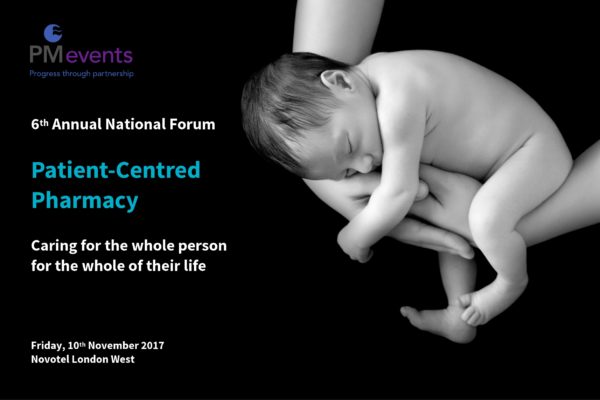Patients set to benefit from world-leading innovations on the NHS

3D heart modelling to rapidly diagnose coronary disease and an advanced blood test which can cut the time it takes to rule-out a heart attack by 75% are among a raft of technological innovations being introduced for patients across the NHS.
New innovations have already reached 300,000 patients, and speaking at the Reform digital health conference in London today, NHS England chief executive Simon Stevens will announce that over 400,000 more will benefit this year from new tests, procedures and treatments as part of the Long Term Plan.
This includes pregnant women getting a new pre-eclampsia test, and cluster headache sufferers getting access to a handheld gadget which uses low-levels of electric current to reduce pain.
The new treatments and tests are being delivered as part of the NHS’ Innovation and Technology Payment programme, which is fast-tracking the roll-out of latest technology across the country, building on progress in the past two years.
The programme’s latest innovations include a cutting-edge blood test which can detect changes in protein levels in blood, allowing emergency doctors to rule out a heart attack within three hours – nine hours faster than the current rate – meaning people get quicker treatment and avoid admission to hospital.
NHS England has also confirmed that funding for 10 other new tests and treatments as part of the programme – including a computer programme that creates a digital 3D model of the heart and avoids the need for invasive procedures – will be extended, allowing more patients to benefit.
From this year, thousands of pregnant women will be offered a test on the NHS which can help rule-out pre-eclampsia – a serious condition linked to labour complications, acute pain and vision problems – and allow women either to get extra care faster, or avoid the need for further hospital trips during pregnancy.
Simon Stevens, chief executive of NHS England, said: “From improving care for pregnant women to using digital modelling to assess heart conditions and new tests to prevent unnecessary hospitalisations for suspected heart attacks, the NHS is taking action to ensure patients have access to the very best modern technologies. It’s heartening to see the NHS grasping with both hands these rapidly advancing medical innovations.”
Plans to speed up the uptake of proven, cutting-edge treatments is being overseen by the Accelerated Access Collaborative (AAC), a joint NHS, government and industry effort which aims to make the NHS the world’s most innovation-friendly health system.
Dr Sam Roberts, chief executive of the Accelerated Access Collaborative and director of innovation and life sciences for NHS England, said: “This programme has been amazingly successful at getting new tests and treatments to patients, with over 300,000 patients benefitting already, and this year we have another great selection of proven innovations.
“We will build on this success with our commitments set out in the Long Term Plan, to support the latest advances and make it easier for even more patients to benefit from world-class technology.”
As set out in the Long Term Plan, the NHS will introduce a new funding mandate for proven health tech products so the NHS can adopt new, cost saving innovations as easily as it already introduces new clinically and cost effective medicines.
Innovations being supported include:
- Placental growth factor (PIGF) based test: a blood test to help rule‑out pre‑eclampsia in women suspected to have the condition who are between 20 weeks and 34 weeks plus 6 days of gestation, alongside standard clinical assessment. Read more here.
- High sensitivity troponin test: a blood test that when combined with clinical judgement can help rapidly rule-out heart attacks. Read more here.
- Gammacore: a hand-held device that delivers mild electrical stimulation to the vagus nerve to block the pain signals that cause cluster headaches. Read more here.
- SpaceOAR: a hydrogel injected between the prostate and rectum prior to radiotherapy, that temporarily creates a space between them so that the radiation dose to the rectum can be minimised, reducing complications like rectal pain, bleeding and diarrhoea. Read more here.
Lord Darzi, chair of the Accelerated Access Collaborative, said:“As Chair of the AAC, I am delighted that four of the seven technology areas currently receiving AAC support have been selected for this NHS programme.
“This is a vital step in helping patients receive rapid access to the best, proven innovations being developed in our world-class health system.”
This is the third year of the drive to identify and fast track specific innovations into the NHS, which has already benefitted over 300,000 patients across the NHS.
The NHS’ own innovation agencies – the 15 Academic Health Science Networks across England – will take direct responsibility for accelerating uptake locally.
